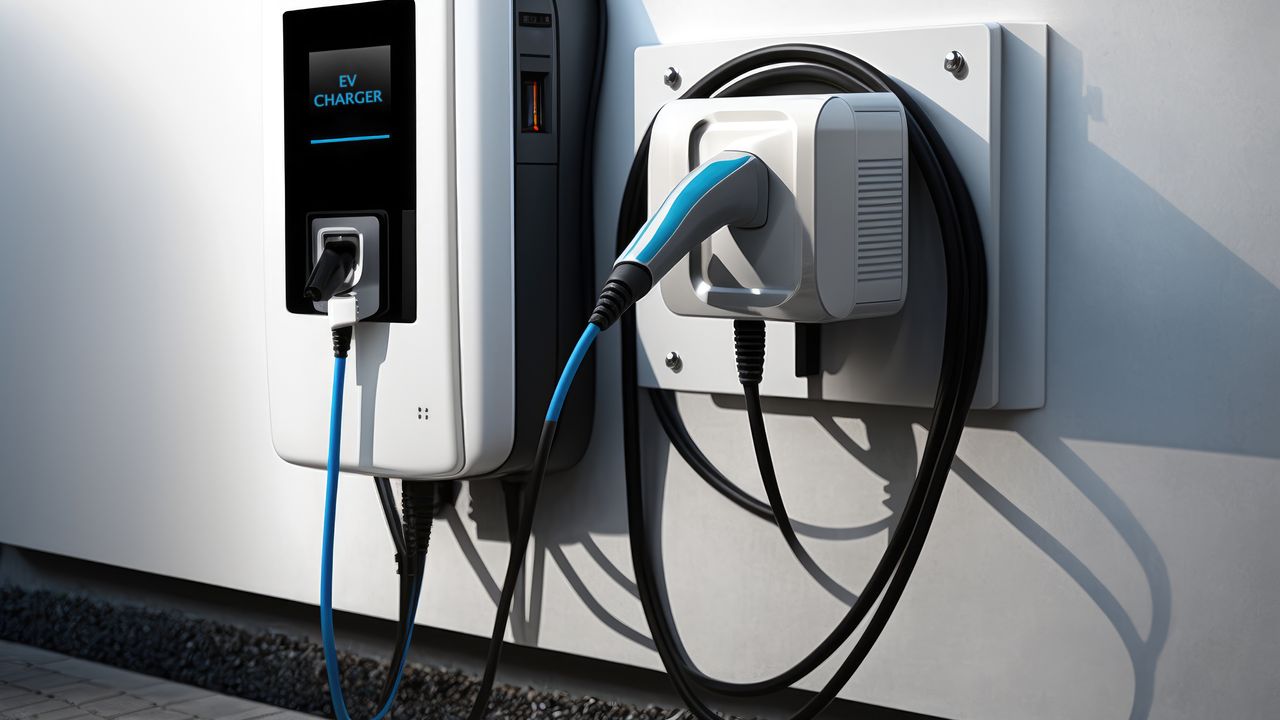EV Charging Session Monitoring: Enhancing User Experience and Fleet Management
Electric vehicles (EVs) are becoming increasingly popular as a sustainable mode of transportation. As the number of EVs on the road continues to grow, so does the need for efficient and reliable charging infrastructure. EV charging session monitoring plays a crucial role in ensuring a seamless charging experience for users, while also providing valuable data for tariff and fleet management.
Charging Session User Feedback
One of the key benefits of EV charging session monitoring is the ability to gather user feedback. By analyzing user feedback, charging station operators can gain insights into the overall user experience, identify areas for improvement, and make necessary adjustments to enhance customer satisfaction.
Collecting feedback can be done through various channels, such as mobile apps, online surveys, or even on-site feedback terminals. Users can provide ratings, comments, and suggestions, which can be used to address issues like charging station availability, ease of use, payment options, and customer support.
By actively listening to user feedback and making improvements based on their suggestions, charging station operators can create a positive charging experience that encourages EV adoption and customer loyalty.
Charging Session Tariff Management
EV charging session monitoring also enables efficient tariff management. Charging station operators can track and analyze charging data to develop flexible pricing models that align with user needs and market demands.
With the help of monitoring systems, charging station operators can monitor the charging duration, energy consumption, and charging patterns of individual users. This data can be used to implement dynamic pricing strategies, such as time-of-use rates or peak demand pricing, which can incentivize off-peak charging and optimize the utilization of charging infrastructure.
Additionally, monitoring charging session data can help identify any discrepancies or billing errors, ensuring accurate and transparent invoicing for both the charging station operator and the EV owners.
Charging Session Fleet Management
For businesses or organizations that operate electric vehicle fleets, EV charging session monitoring is essential for efficient fleet management. By monitoring and analyzing charging data, fleet managers can optimize the charging schedules, track energy consumption, and identify any issues or inefficiencies in the charging infrastructure.
Monitoring systems can provide real-time data on the charging status of each vehicle in the fleet, allowing fleet managers to ensure that vehicles are charged and ready for use when needed. This can help minimize downtime, increase operational efficiency, and reduce overall fleet management costs.
Furthermore, charging session monitoring can assist in identifying any maintenance or performance issues with the charging equipment. By detecting potential problems early on, fleet managers can schedule timely maintenance and repairs, preventing any disruptions to the fleet’s charging capabilities.
Conclusion
EV charging session monitoring plays a crucial role in enhancing user experience, managing tariffs, and optimizing fleet management. By actively collecting and analyzing user feedback, charging station operators can continuously improve their services and meet customer expectations. Additionally, monitoring charging data allows for the implementation of flexible pricing models and accurate billing, while also enabling efficient fleet management for businesses operating electric vehicle fleets.
